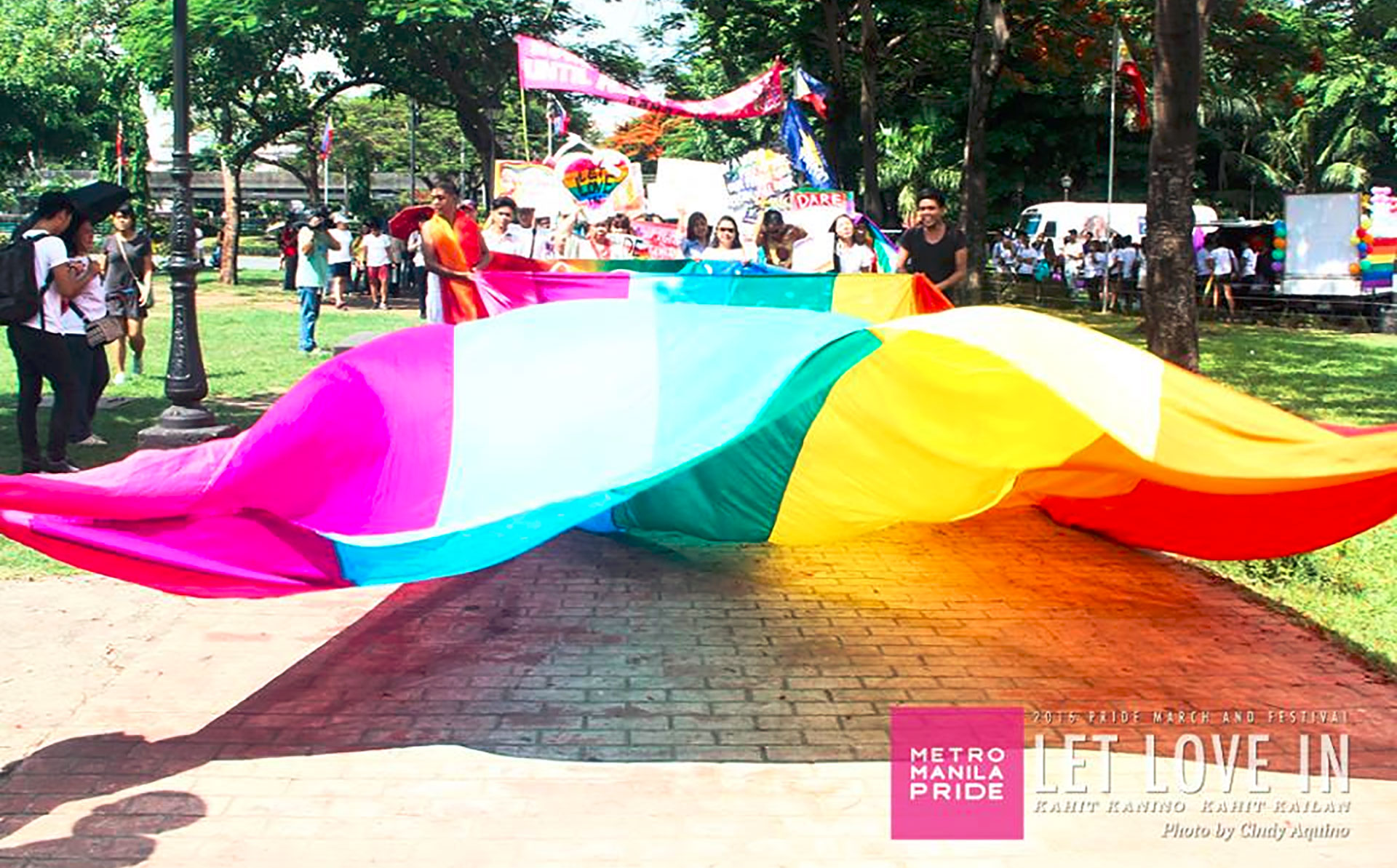
On 8 May 2017, the Philippines underwent its 3rd cycle of the Universal Periodic Review (UPR). The ASEAN member-state received a number of recommendations relevant to the protection and promotion of the rights of the lesbian, gay, bisexual, transgender, intersex and queer (LGBTIQ) persons. ASEAN SOGIE Caucus welcomes these inputs, especially considering the great concern of a significant number of countries on the issues of extra-judicial killings (EJKs), the lowering of the age of criminal liability, and the possible reinstatement of the death penalty.
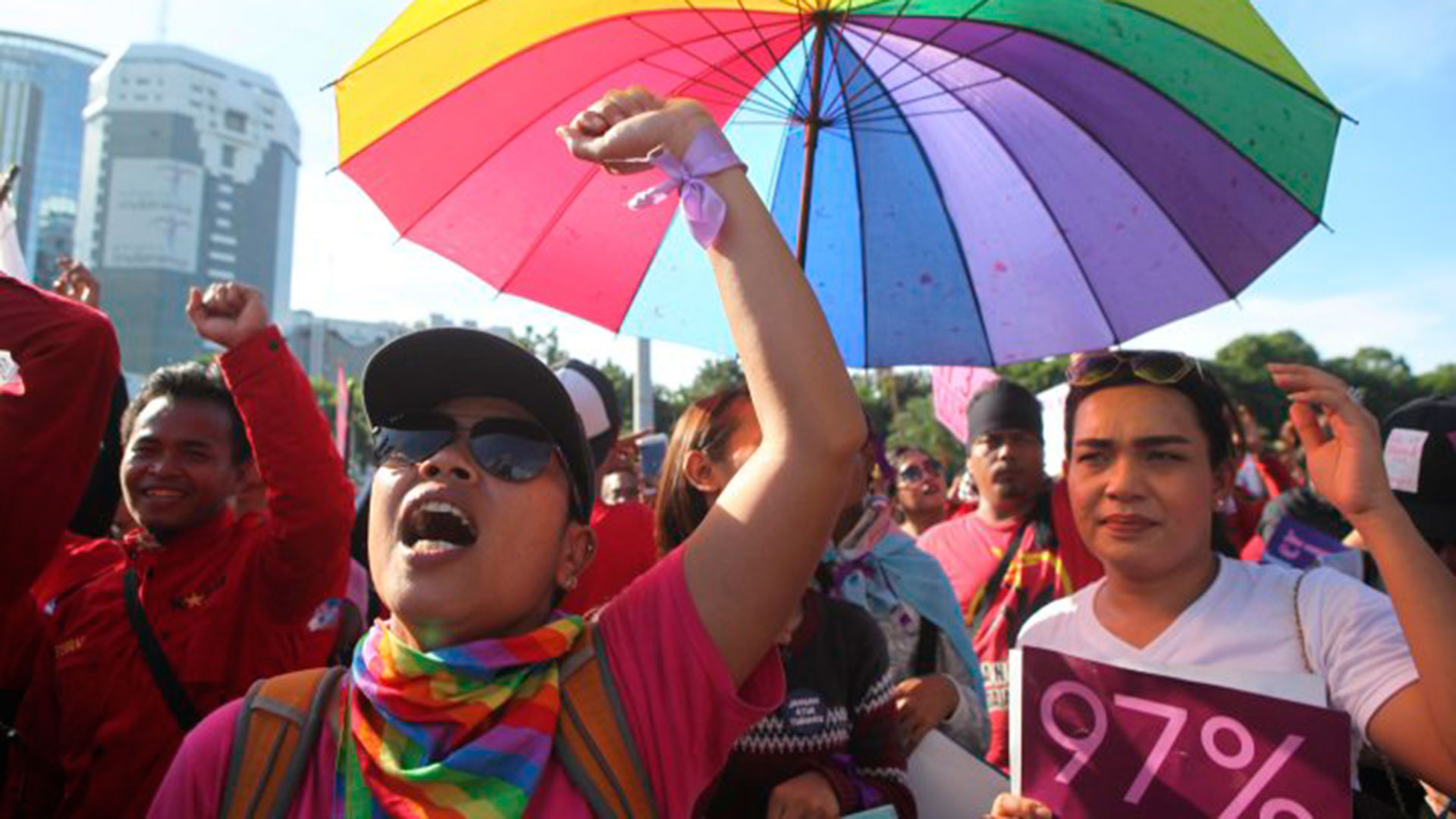
On 3 May 2017, Indonesia underwent its 3rd cycle of the Universal Periodic Review (UPR). The ASEAN member-state received more than 10 recommendations related to sexual orientation and gender identity (SOGI), from countries such as Argentina, Brazil, Australia, Austria, Spain, Sweden, and Czech Republic. ASEAN SOGIE Caucus welcomes these inputs, especially given the alarming situation faced by Indonesian LGBTIQ people.
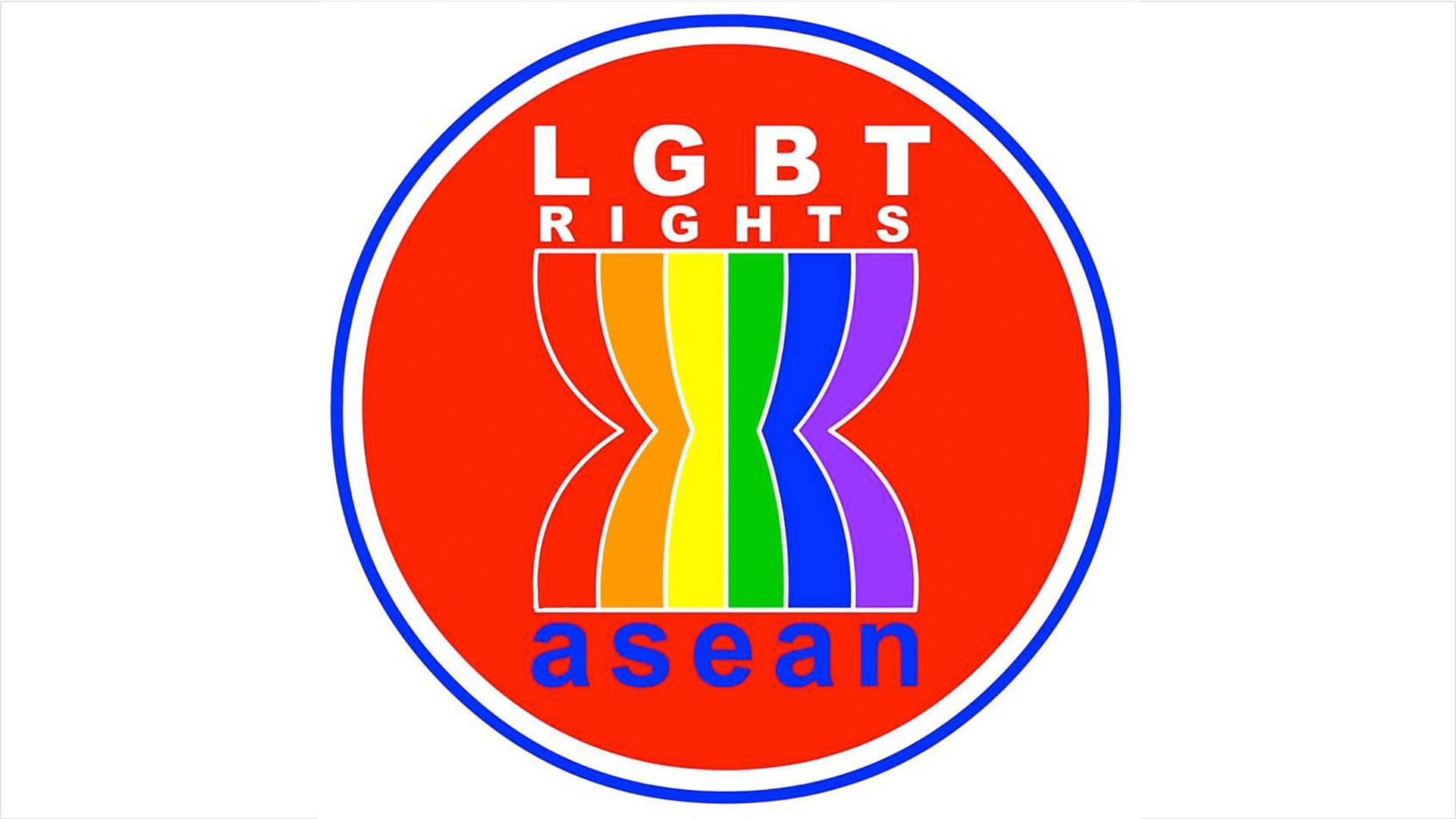
Amidst the euphoria of the 30th Association of Southeast Asian Nations (ASEAN) Summit in Manila, ASEAN SOGIE Caucus reiterates its call to various governments to uphold their human rights obligations to promote and protect the rights of lesbian, gay, bisexual, transgender, intersex, and queer (LGBTIQ) people.
Even as ASEAN turns 50, the lives of people of diverse sexual orientation, gender identity, and gender expression (SOGIE) in Southeast Asia continue to be put at risk. These risks include the perpetuation of culturally-sanctioned stigma, discriminatory laws and policies, and acts of violence in all levels of social, political, and cultural life. And in many cases, the lives of LGBTIQ people have been cut short by hate-motivated murders that are either ignored or misreported as regular crimes.
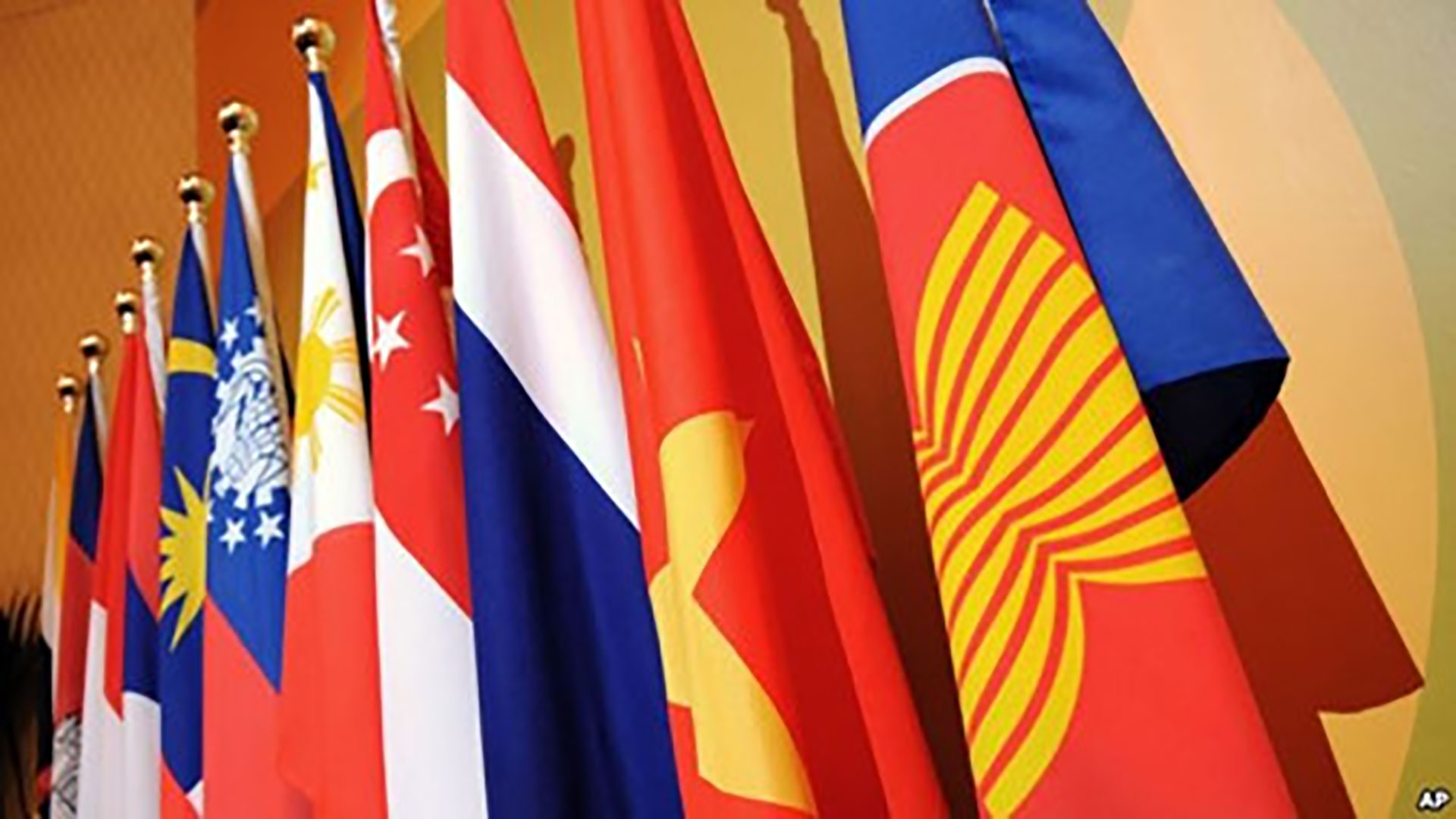
Statement of Civil Society, Trade Unions, Migrants, and Parliamentarians in Southeast Asia To the 22nd Senior Officials Meeting of the ASCC and the 17th ASEAN Socio-Cultural Community (ASCC) Council Meeting
On 6-9 March 2017, ASEAN Senior Officials and Ministers will tackle socio-cultural and environmental concerns in the region at the 22nd Senior Officials Meeting of the ASCC and at the 17th ASEAN Socio-Cultural Community (ASCC) Council Meeting. The latter will discuss preparations for and the declarations or statements for adoption by the Heads of States at the ASEAN Summit, with the theme “Partnering for Change, Engaging the World,” in April.
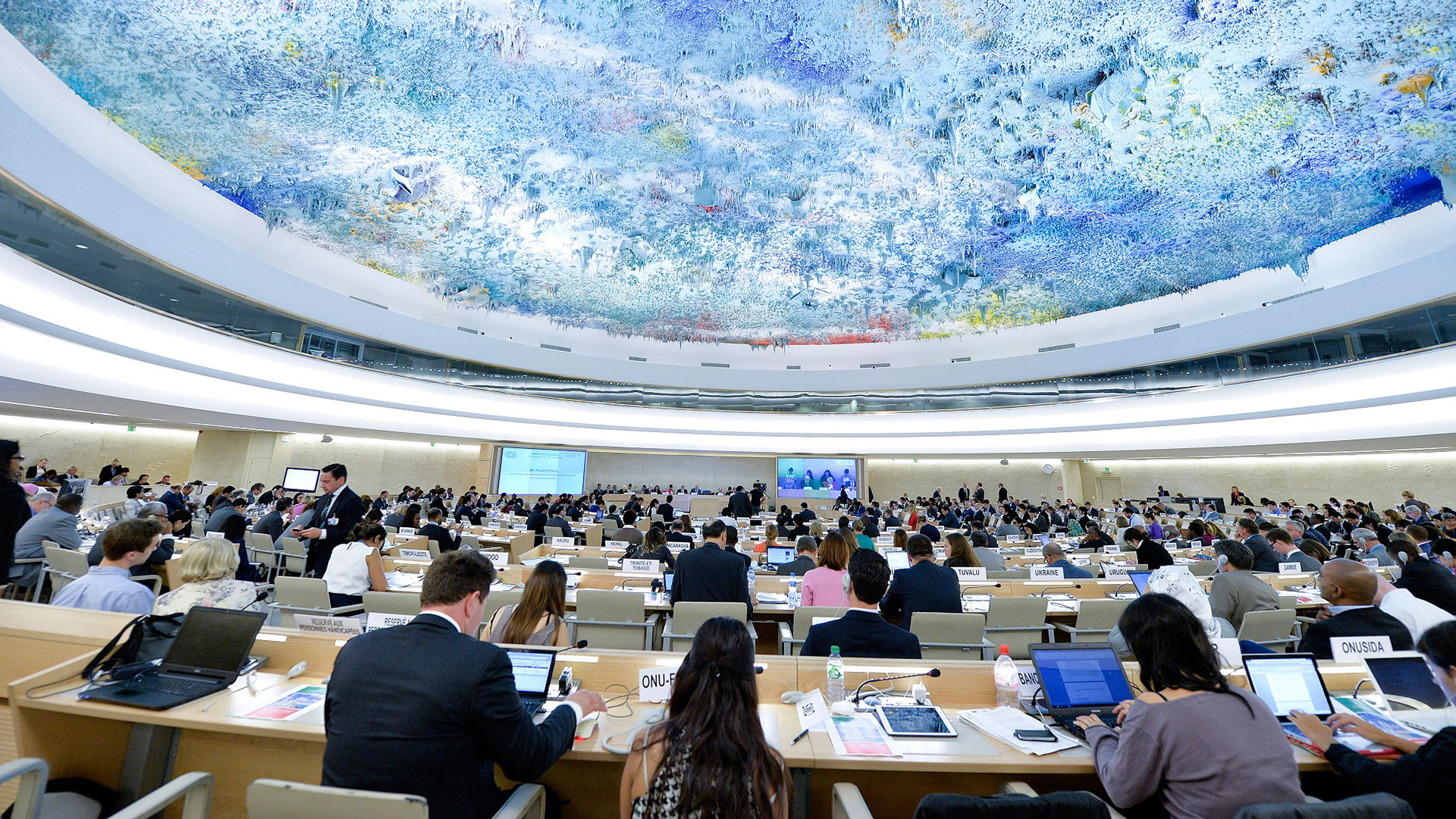
ASEAN SOGIE Caucus (ASC) expresses concern on the request made by the Permanent Mission of the Republic of Philippines to the United Nation that seeks for deferral of the Country’s Universal Periodic Review (UPR). The decision made by the Philippine Government is inconsistent with the country’s commitment, as a founding member of the Human Rights Council, to uphold and respect the rules of the UPR as well as to the Council in general.
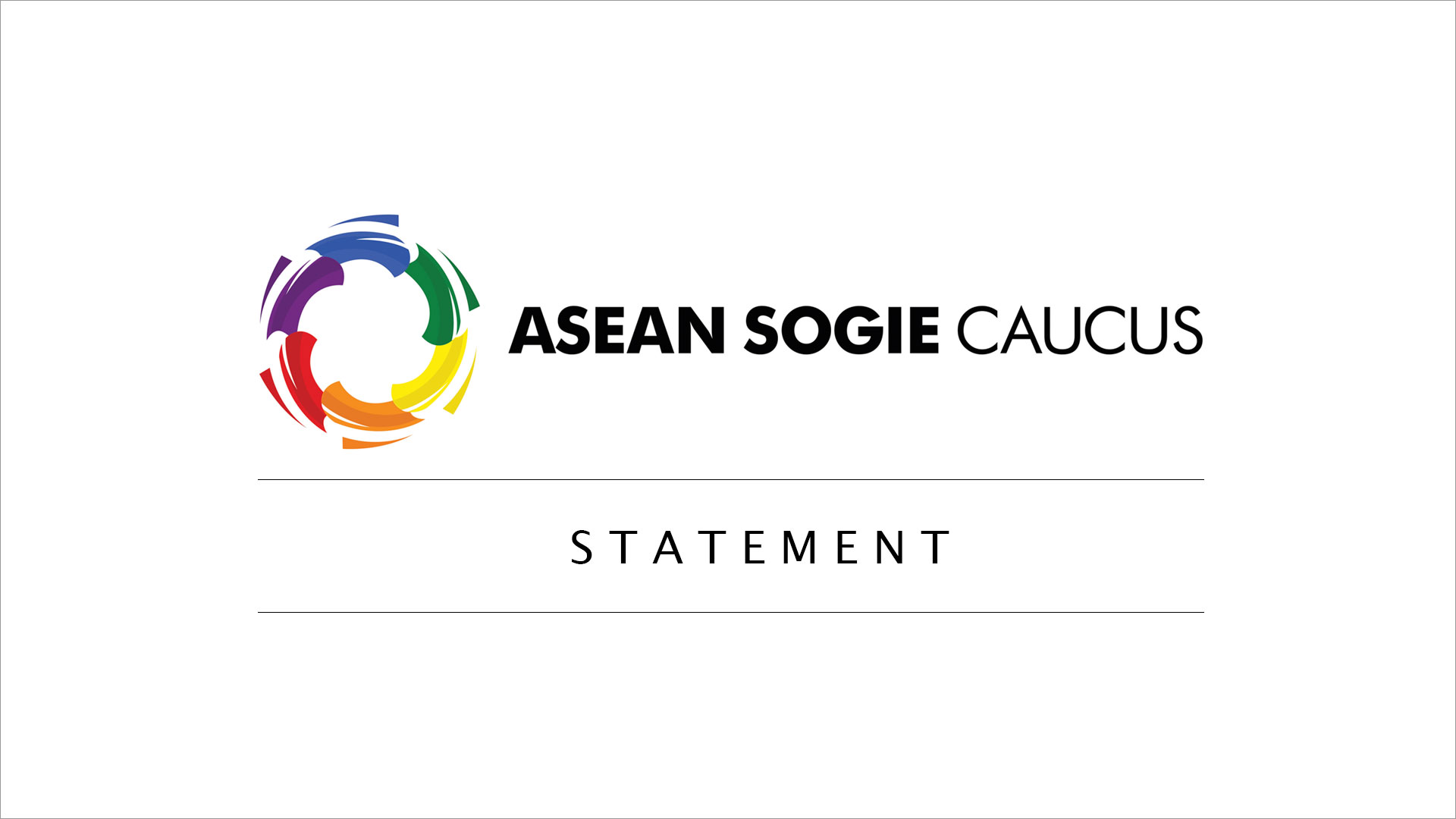
ASEAN SOGIE Caucus condemns the disbandment of the cultural event organized by Forum Kerukunan Waria/Bissu at Soppeng municipality, South Sulawesi province on January 19th, 2017 conducted by the municipal police of Soppeng and regional police of South Sulawesi.
The event is an annual program of the Waria/Bissu community. It is supposed to be attended by 600 waria/bissu from the entire province. The event, which was scheduled from January 19 to 22, 2017 aims to preserve and show respect toward Waria/Bissu as an inseparable part of South Sulawesi Culture. In the Bugis traditional culture, Bissu has an important role as a bridge between God and human as well as the advisor of kingdom. Through this event, the community aimed to create togetherness, incite creativity and establish good relationship between the society and Waria/Bissu community.
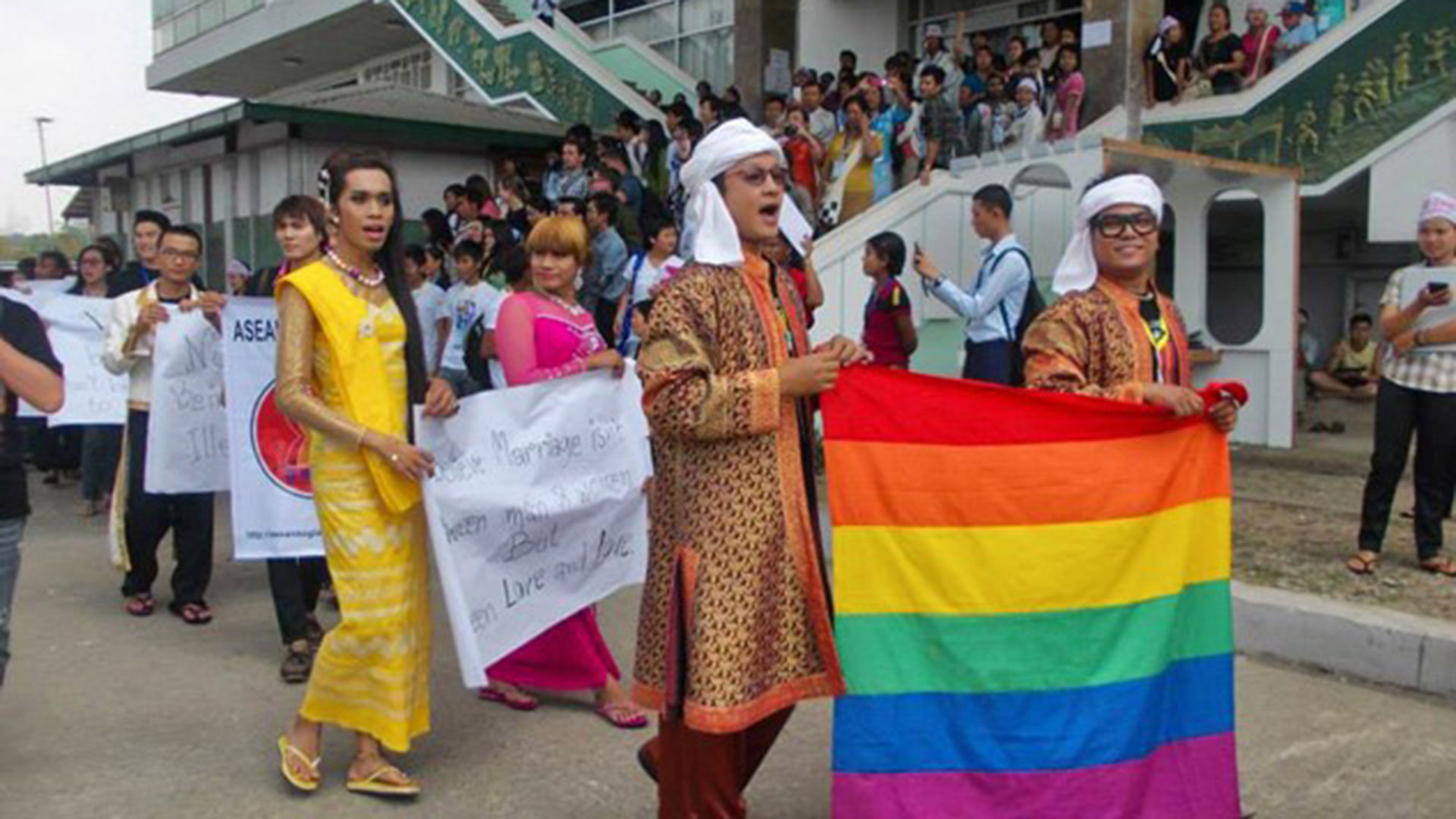
This year, 2017, marks a historic and remarkable year for the Association of Southeast Asian Nations (ASEAN) , as the association celebrates its 50th anniversary of its establishment. With Philippines having the honour as the chairperson in this remarkable year the chairpersonship is scheduled to kick off on January 15th in Davao. During Philippine President Rodrigo Duterte’s speech in Laos, while accepting the chairmanship from Lao’s government as the previous chairperson in 2016, he mentioned that theme of ASEAN 2017 being “Partnering for Change, Engaging the World”. Some of the key priorities of ASEAN 2017’s are people-oriented and people-centered initiatives, peace and stability, maritime security and cooperation, inclusive and innovative-led growth, ASEAN resiliency and ASEAN as model of regionalism.
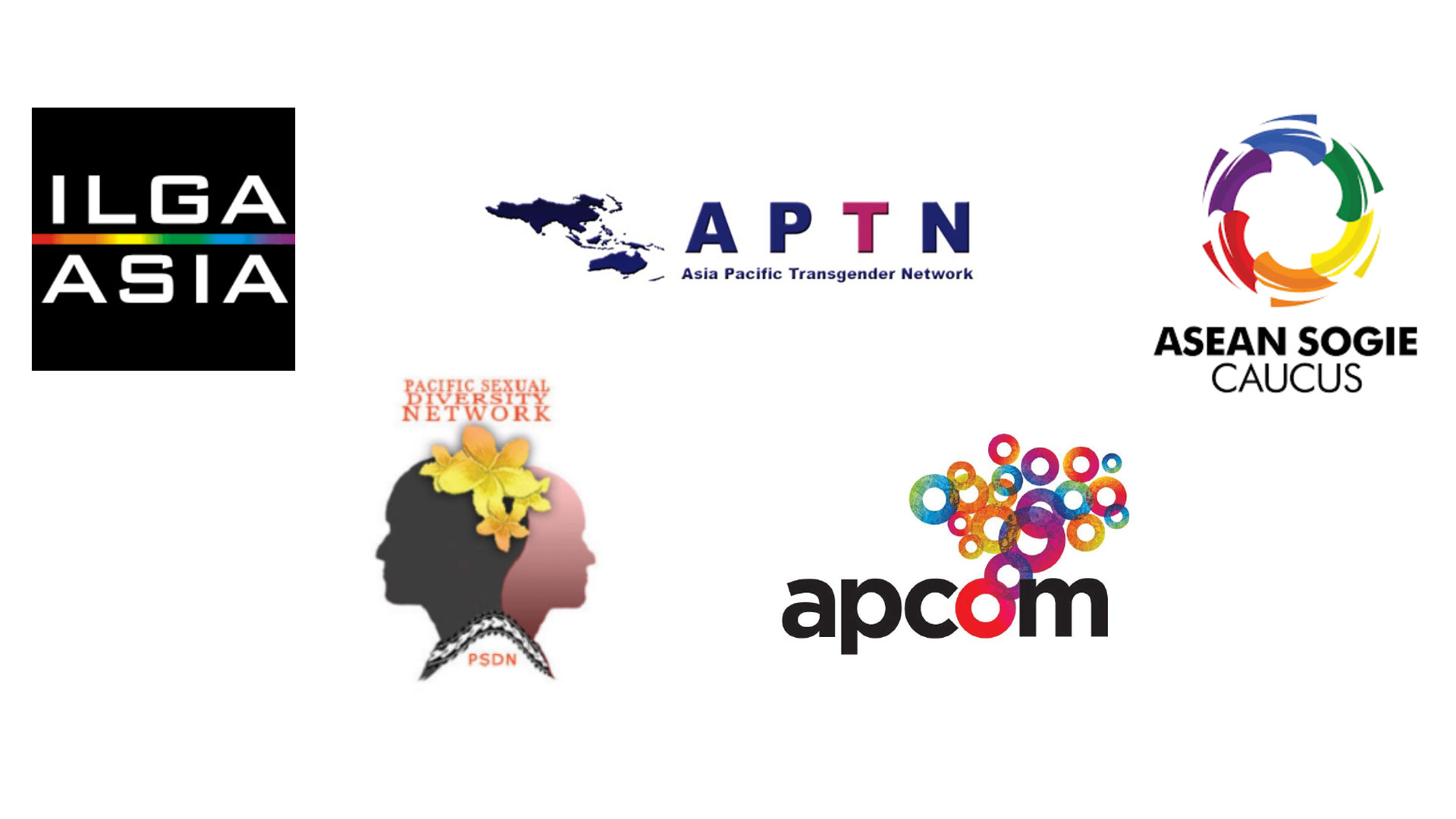
On Monday, December 19th, a group of states attempted to halt the mandate of the Independent Expert on the “protection against violence and discrimination based on sexual orientation and gender identity (SOGI). The position of Independent Expert in SOGI was created by the passing of UN Human Rights Council resolution A/HRC/RES/32/2 in June of this year and is held by Vitit Muntarbhorn, a Thai human rights expert. The Independent Expert began his work in November. The first attempt to block this resolution was during the UNGA third committee meeting in November. The mandate of IE on SOGIE was safeguarded with 84 countries voting in favour, 77 against and 17 abstentions. The vote on Monday will be the second hostile attempt to defer the mandate by introducing the amendment A/71/45.
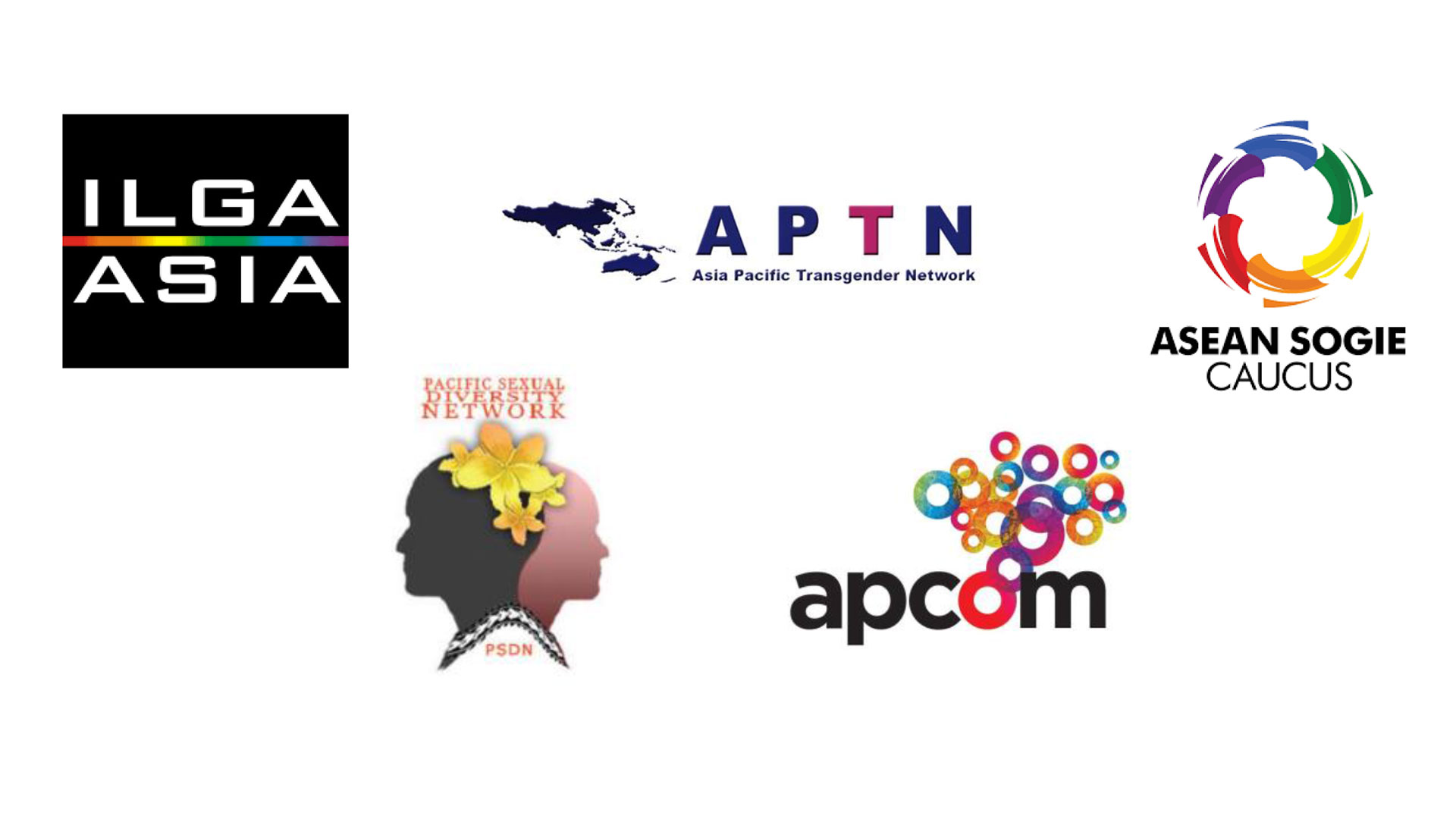
LGBTI activists from Asia and the Pacific welcome the decision of the Third Committee of the UN General Assembly (UNGA) on the protection of the human rights of LGBTI people around the world, while reaffirming the legitimate mandates of the Human Rights Council. On 21 November, the UNGA rejected a move that aims to weaken the legitimately established Independent Expert on Sexual Orientation and Gender Identity (IESOGI). Resolution A/C.3/71/L.46 (2016) proposed to postpone the IESOGI mandate pending UN investigation into the lawfulness of the Expert. This would have effectively caused serious repercussions on the IESOGI to perform his role in protecting the rights of LGBTI persons and halted all efforts of the Expert indefinitely.